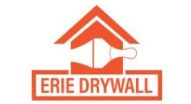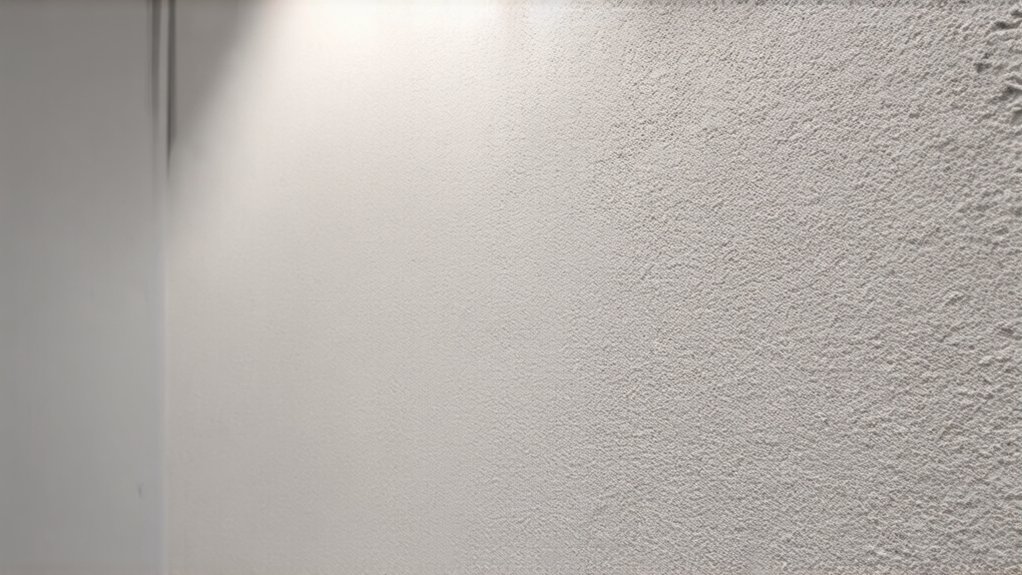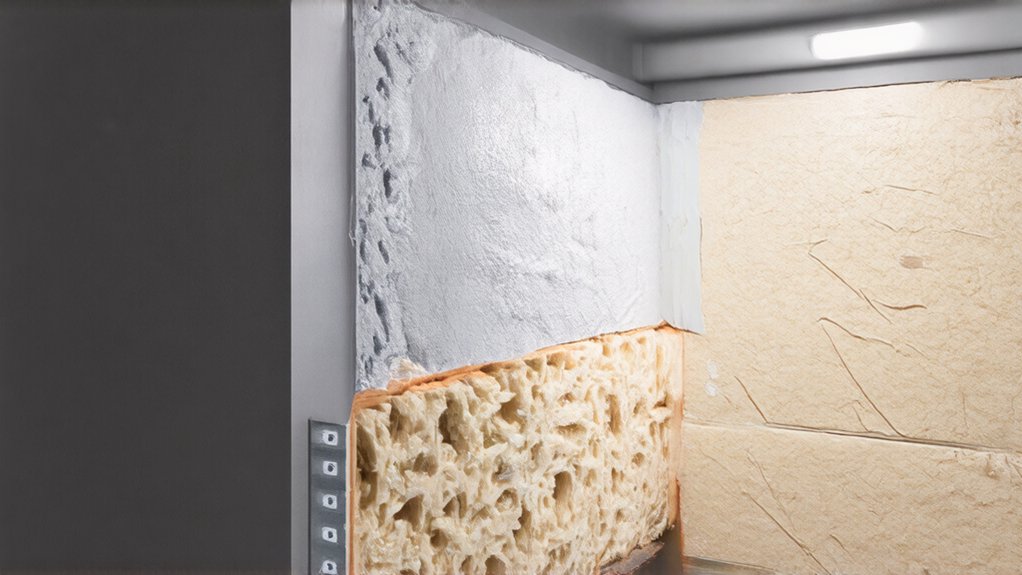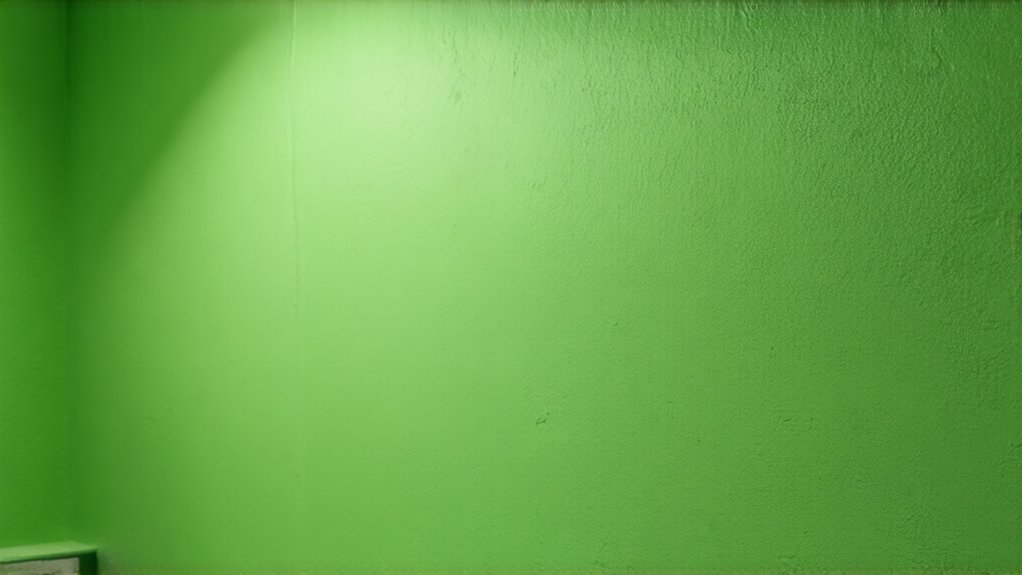Fire-resistant drywall offers homeowners a powerful safety upgrade that can protect your family during emergencies. You'll find these specialized panels slow fire spread and maintain structural integrity for up to two hours. They cost 20-50% more than standard drywall but provide critical protection, potentially reducing insurance premiums. Different types like Type X and cement board deliver amplified fire resistance. Want to learn how this smart investment can safeguard your home's most important asset?
Understanding Fire-Resistant Drywall Technology
Fire safety is a vital concern for homeowners and builders alike. You'll want to understand the innovative technology behind fire-resistant drywall that can protect your home. These specialized materials are engineered with unique fire resistant material properties that considerably slow flame spread and prevent rapid drywall failure modes. Drywall repair professionals in Erie, PA recommend installing fire-resistant drywall to enhance home safety and provide long-lasting protection against potential fire hazards.
Types of Fire-Resistant Drywall Materials
Several distinct types of fire-resistant drywall materials exist to help protect your home from potential fire hazards. Type X gypsum board, with fortified fire-resistant board composition, provides superior protection by incorporating glass fibers and special additives.
You'll find another option in cement board, which offers excellent fire-resistant drywall alternatives with its dense, non-combustible structure. Type C drywall contains even more glass fibers, offering extended fire resistance compared to standard options.
These materials aren't just about safety—they're about giving you peace of mind, knowing your home has an extra layer of protection against unexpected fires. Professional drywall contractors in Erie, Pennsylvania can help you select and install the most appropriate fire-resistant drywall for your specific home needs.
Installation Process and Best Practices
When you're ready to install fire-resistant drywall, proper technique becomes essential for ensuring maximum protection. Start by using proper framing techniques, ensuring sturdy wall structures that support the fire-resistant material.
You'll want to carefully measure and cut panels, creating tight, precise fits that minimize potential gaps. Effective joint finishing is imperative—use specialized fire-resistant tape and compound to seal seams completely.
Remember that each layer contributes to your home's safety, so take your time and be thorough. Professional installation can make a significant difference in performance, so consider consulting experts if you're unsure about any steps.
Cost Considerations and Long-Term Benefits
How much are you willing to invest in your home's safety? Fire-resistant drywall might seem expensive upfront, but its budget factors reveal significant long-term savings. You'll typically spend 20-50% more compared to standard drywall, yet the investment protects your property and potentially reduces insurance premiums.
These specialized panels can slow fire spread, minimizing structural damage and potentially saving thousands in repair costs. Your initial investment provides peace of mind, knowing you've added a critical layer of protection to your home. By choosing fire-resistant drywall, you're not just spending money, but making a smart, proactive decision for your family's safety and financial well-being.
Comparing Fire-Resistant Drywall to Traditional Options
Because homeowners increasingly prioritize safety, comparing fire-resistant drywall to traditional options reveals significant protective advantages. As building code updates mandate increased safety requirements, you'll find fire-resistant drywall offers superior protection:
- Substantially longer fire resistance (up to 1-2 hours)
- Amplified structural integrity during potential fire scenarios
- Reduced potential for rapid flame spread
Traditional drywall typically provides minimal fire protection, whereas fire-resistant variants contain special additives that dramatically slow burning processes. You'll appreciate how these advanced materials can potentially save lives and property, giving you peace of mind during unexpected emergencies. Investing in fire-resistant drywall isn't just a smart choice—it's a responsible commitment to your family's safety.
Maintenance and Performance Tips for Homeowners
Protecting your fire-resistant drywall's performance requires proactive maintenance and strategic care. Regular safety inspections can help you identify potential vulnerabilities before they become serious problems.
You'll want to check for cracks, moisture damage, or signs of wear that might compromise the drywall's fire-resistant properties. Pay special attention to areas near electrical outlets, pipes, and high-traffic zones. Preventive maintenance isn't just about protection—it's about ensuring your home's safety and your family's peace of mind.
Frequently Asked Questions
Can Fire-Resistant Drywall Completely Prevent Fire Damage to My Home?
You can't fully prevent fire damage, but fire-resistant drywall greatly reduces fire severity and provides critical thermal insulation performance, giving you and your family precious extra minutes to escape during a dangerous situation.
How Long Does Fire-Resistant Drywall Remain Effective After Installation?
You'll maintain fire-resistant drywall's effectiveness through regular inspections and prompt repairs. Exposure duration and proper maintenance can preserve its protective qualities for decades, ensuring your home's safety and giving you peace of mind.
Will Fire-Resistant Drywall Increase My Home's Insurance Premium?
You'll likely see increased premium costs initially, but many insurers offer potential insurance discounts for fire-resistant drywall. By investing in home safety, you're protecting your family and could eventually save money on your insurance policy.
Can I Install Fire-Resistant Drywall Myself or Need Professional Help?
You'll want professional help for fire-resistant drywall. While DIY installation is possible, proper techniques are essential for safety. Professional contractors guarantee correct placement, sealing, and code compliance, giving you peace of mind and protecting your home's integrity.
Are There Specific Building Codes Requiring Fire-Resistant Drywall?
You'll need to check local building code requirements, as fire safety regulations vary by jurisdiction. Verify you're complying with regional standards to protect your home and meet legal obligations for fire-resistant construction.



